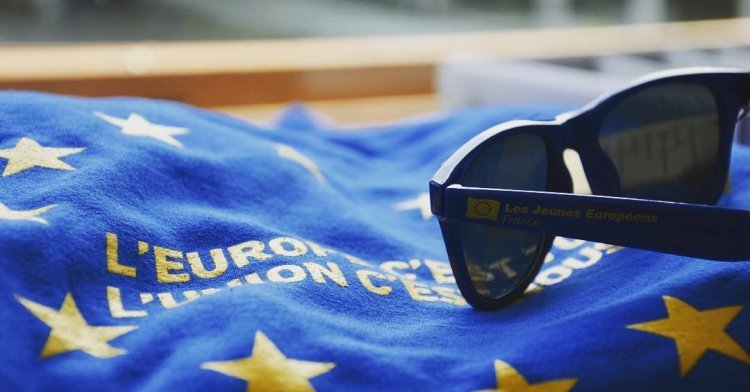Since time immemorial, Germany has had political, cultural and diplomatic ties with Russia. In fact, being Europe’s strongest economy, Germany has often been the target of Russian political interference. Moscow has always viewed its political interference in Germany as means to divide the united narrative of sanctions of Europe on itself, a result of the ongoing Russo-Ukraine War. The trend initially became distinctive during the era of the Cold War, when the KGB intensified its efforts in its operations to promote a pro-Soviet sentiment amongst various party members in the German parliament. Moscow also attempted a massive propaganda campaign in West Germany to overthrow the then Chancellor Helmut Kohl in the 1983 elections. They had carried out this propaganda mainly to negate the growing closeness of West Germany with the United States. Despite its hostile attempt to divide political opinions in the German State, it is nevertheless an undeniable fact that Russia has had a more fully functioning economic relationship with Germany as compared to other members in the European Union.
Russia has made significant inroads, especially in Germany’s business interests. Many of Germany’s large companies have business endeavours in Russia. Another important development was the start of the North Stream 2 pipeline, designed to bring significant Russian gas to Europe and establish Germany’s reputation as a distribution hub. The initiation of the project at that time received unwavering support from all quarters of the German political establishment and drew sharp criticism from then-US president Trump who threatened to leave NATO if Germany did not mend its commercial ties with Russia. A lot of previous high ranking German politicians have sat on the board of Russian companies. Former Chancellor Gerhard Schröder served as the chairman of the board for both the Nord Stream 2 consortium and Russian state-owned oil company Rosneft. In February 2022, Germany halted the Nord Stream 2 Baltic Sea gas pipeline project, designed to double the flow of Russian gas direct to Germany, after Russia formally recognised two breakaway regions in eastern Ukraine.
Nevertheless, compromises made to stabilise business opportunities have often led to divided opinions among various German political quarters in its approach of dealing with Russia, especially in terms of sanctions levied over the years. Russia has cleverly used the opening ground of trying to influence German non-mainstream political parties to promote a sympathetic view of itself in Germany. Historically, the AfD has been the most important target, with Moscow using financial and political assistance to promote Russia-sympathetic views among party leadership with the eventual goal of promoting German policies favourable to Russia, such as sanctions relief and potentially strengthening the role of anti-establishment parties like the AfD within the German political landscape.
Documents unearthed in April 2023 corroborate the view that Russia tried to bring together a coalition between the far left and right parties in Germany to oppose support for Ukraine in the ongoing war. The documents allege that Kremlin officials gave orders to a group of political strategists working with the Kremlin to focus on Germany as the base for efforts to weaken support in Europe for Ukraine and to try and negate support for weapons deliveries. There had also been an attempt by strategists to spread the narrative of commoner Germans being financially harmed by sanctions against Russia. Slogans devised by the strategists such as “buy gas, not war” and "Ukraine wants war, Germany wants peace” were demonstrated at the pro-Moscow and planned peace protests by the Russian backed protestors.
The documents also point to several online campaigns being organised to influence the attitude of the public and thereby increase the proportion of Germans who wish for improved relations with Russia in the perception of the war being damaging for the economy of Germany. Russia also attempted to gain influence in the Left Party and the Alternative for Germany party, with the aim of helping the latter win elections as the party of “German unity.” Both parties rejected the report. There was particularly significant interest in Sahra Wagenknecht, a member of the Bundestag and former leader of the Left Party who remains popular according to some polls. Wagenknecht has made populist overtures to the right wing of the German electorate and has led several pro-Moscow, anti-war protests attended by members of both parties. She, similar to others being implicated, deemed the reports to be false, claiming it to be more of a propaganda piece levied out by her political opponents.
Over the course of time, Germany has remained mostly unaffected by Russian political operations. This is primarily because of Germany’s overall political cohesion and endorsement of issues that concern the EU the most and largely limited support for the non-mainstream parties in the country. The war in Ukraine and its future conclusion would serve as a watershed moment for the German leadership to alter and rethink its ties with Russia, taking into consideration the larger scenario of geopolitical security of the EU over its personal commercial engagements.

Follow the comments: |
|
